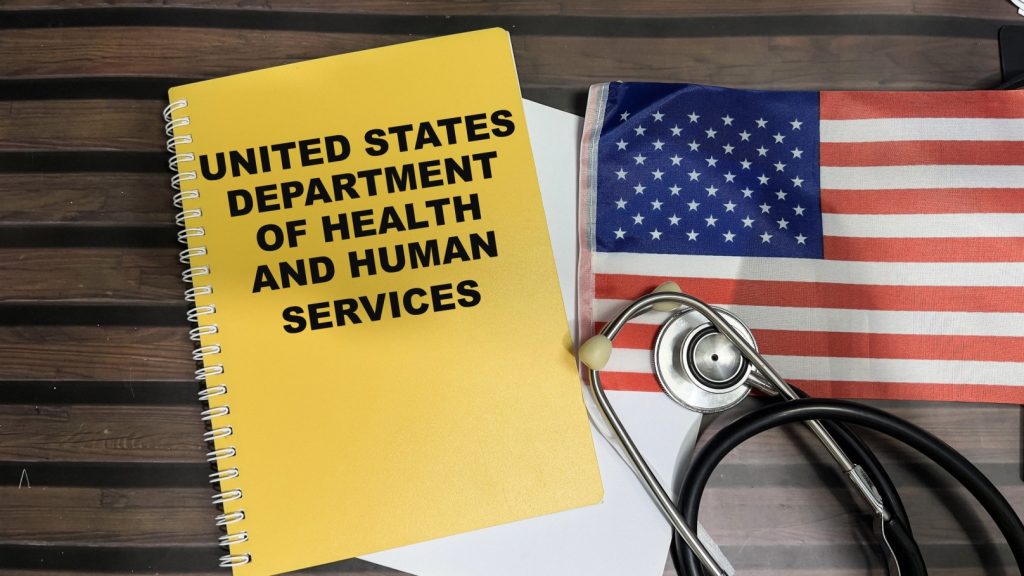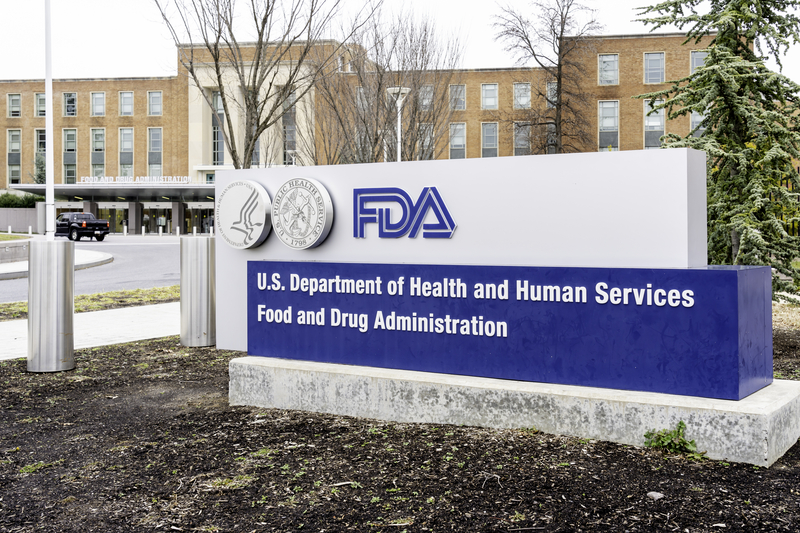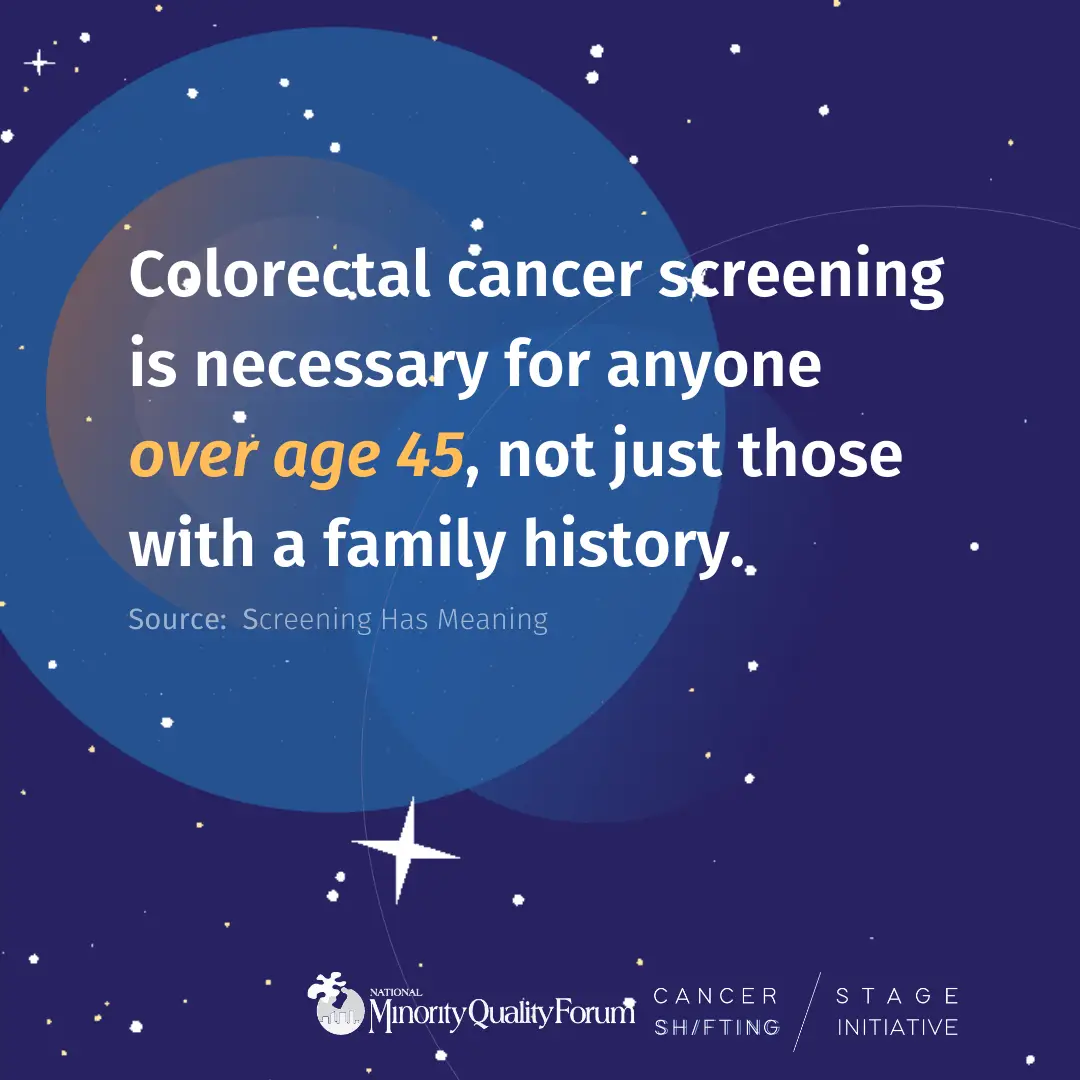Identification
Identification of 969 protein quantitative trait loci in an African American population with kidney disease attributed to hypertension
. 2022 Jul 20;S0085-2538(22)00547-6.
doi: 10.1016/j.kint.2022.07.005.
Online ahead of print.
Affili...
Digital Screening and Automated Resource Identification System to Address COVID-19-Related Behavioral Health Disparities: Feasibility Study
Background:
Digital mental health (DMH) tools use technology (e.g., websites, mobile apps) to conveniently deliver mental health res...
Identification of Cancer Related Risk and Protective Factors for American Indian Youth: A Mixed Studies Review
Introduction:
Many causes of cancer related morbidity and mortality can be traced back to childhood behaviors. The culmination of ca...
Contrasting ecological contexts among treatment-seeking military sexual assault survivors: Consideration of relationships with sexual and gender mi...
Survivors of military sexual trauma (MST) seeking mental health services may present with concerns extending beyond symptom relief. Attention to so...
Identification and prognostic analysis of biomarkers to predict the progression of pancreatic cancer patients
Background:
Pancreatic cancer (PC) is a malignancy with a poor prognosis and high mortality. Surgical resection is the only “c...
Trending Topics
Features
- Drive Toolkit
Download and distribute powerful vaccination QI resources for your community.
- Health Champions
Sign up now to support health equity and sustainable health outcomes in your community.
- Cancer Early Detection
MCED tests use a simple blood draw to screen for many kinds of cancer at once.
- PR
FYHN is a bridge connecting health information providers to BIPOC communities in a trusted environment.
- Medicare
Discover an honest look at our Medicare system.
- Alliance for Representative Clinical Trials
ARC was launched to create a network of community clinicians to diversify and bring clinical trials to communities of color and other communities that have been underrepresented.
- Reducing Patient Risk
The single most important purpose of our healthcare system is to reduce patient risk for an acute event.






















